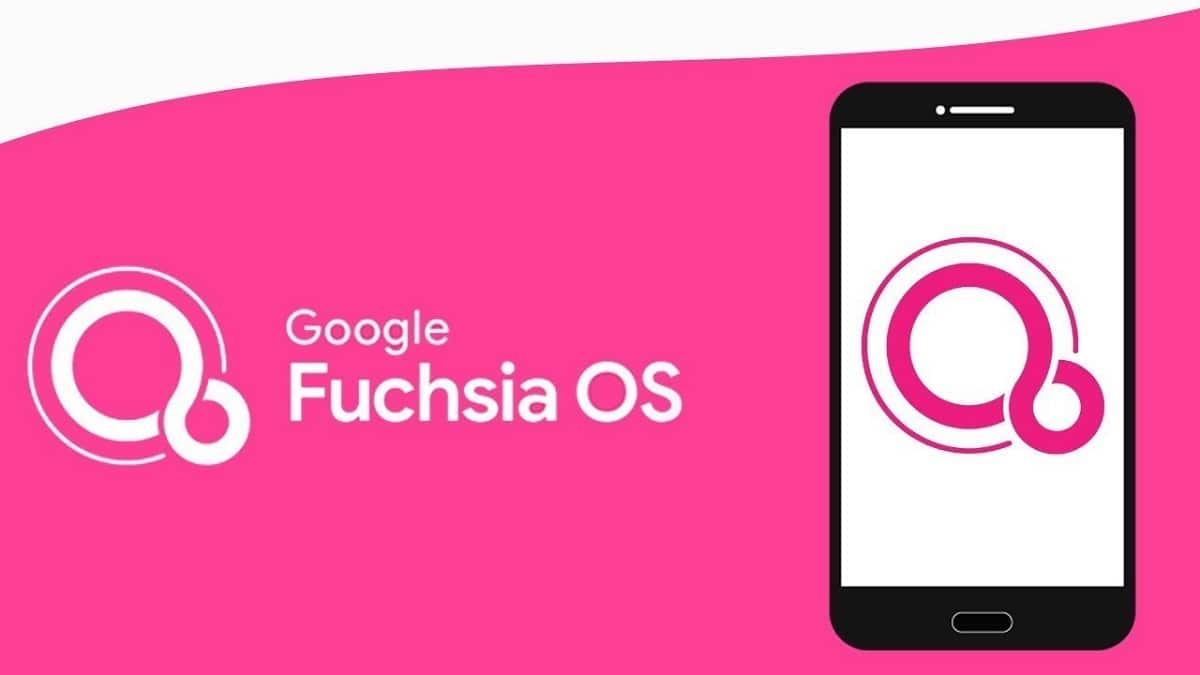Fuchsia OS is coming soon to Android devices, but not quite in the usual form

Back in 2016, it was first reported that Google was working on a new Fuchsia operating system. However, it wasn't until 2021 that it was installed on a commercial device - the first generation Nest Hub. Rumours that Fuchsia would be a universal OS for all smart devices have yet to materialise. A new report suggests that Fuchsia could run as a virtual machine on Android devices.
Here's What We Know
The Fuchsia OS, built on the new Zircon microkernel, is different from Android and ChromeOS, which are based on a modified Linux kernel. The new microkernel provides greater efficiency and flexibility, and improves system security and stability by reducing the amount of trusted code.
Google is reportedly developing a "microfuchsia" project that will allow Fuchsia to run on existing devices via virtualisation. Virtualisation creates a virtual version of the system that runs in a separate computing environment, allowing programs running on the main OS and within the virtual machine to be isolated.
Microfuchsia will run on virtualisation software such as QEMU and pKVM, which Google has developed to run tasks securely in an isolated environment. Google has also created a simplified version of Android, "microdroid" to perform these tasks.
It is expected that microfuchsia will be used to perform tasks securely, similar to microdroid. The reasons for creating microfuchsia when microdroid already exists are unknown, but it is assumed that Fuchsia is considered safer and more productive.
Source: Android Authority